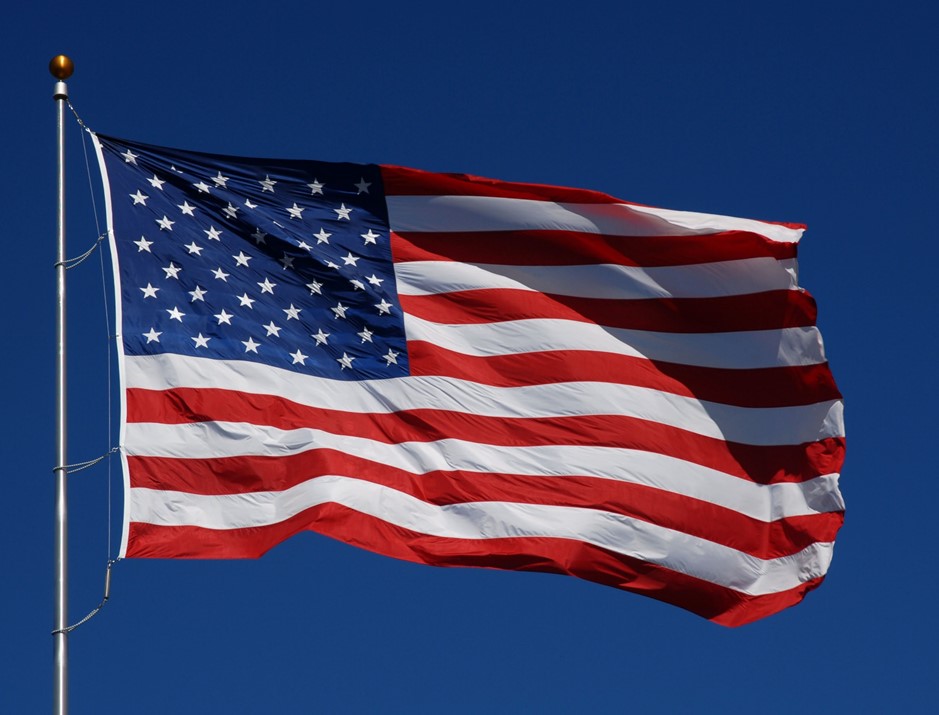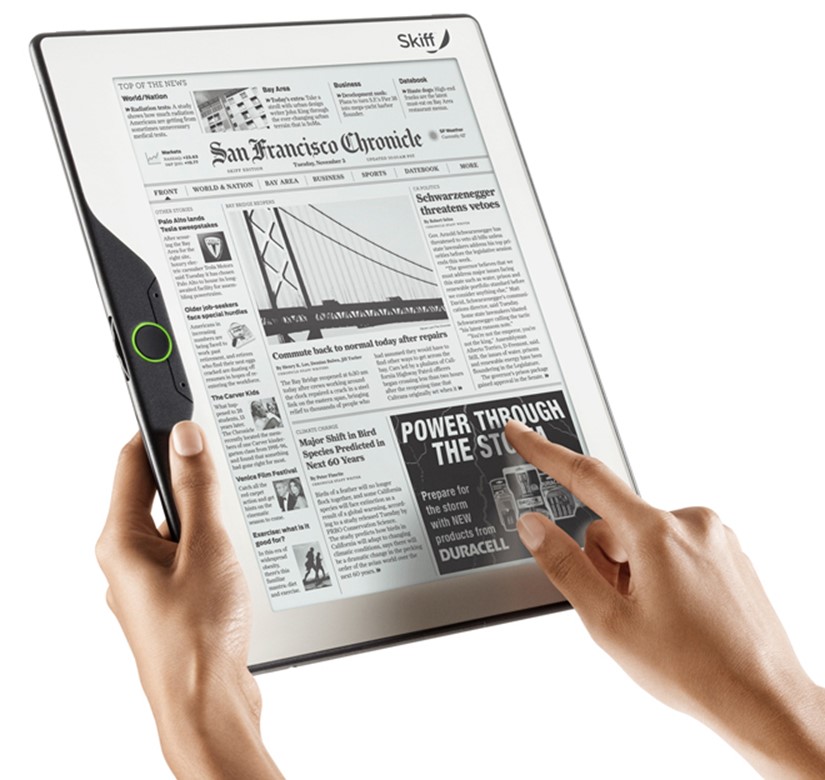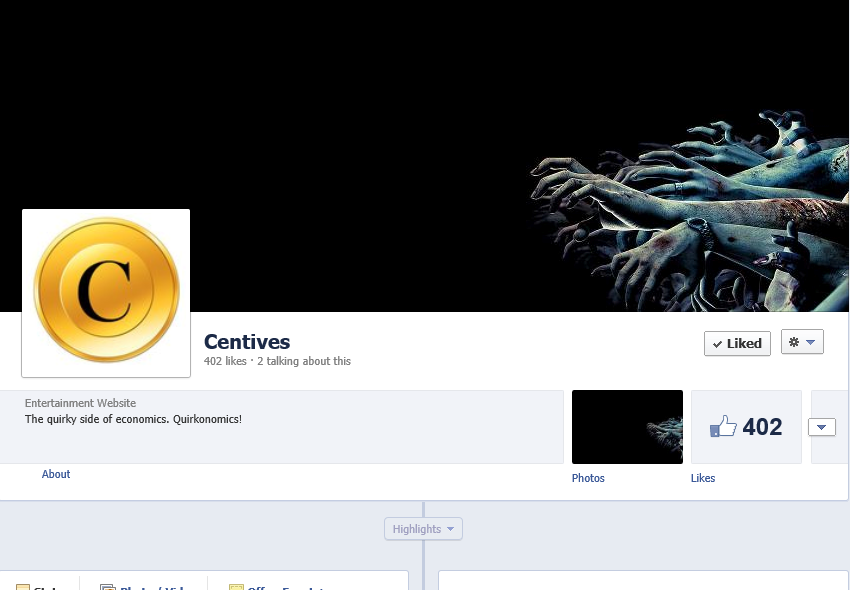How Do You Volunteer For A Medical Marijuana Study?
November 11, 2012 in Daily Bulletin

Two American states have legalized marijuana, even though the Federal Government still considers it to be an illegal drug. Both sides use various studies to back their arguments which led Brian Palmer to answer…how do you participate in a medical marijuana study – thus getting free weed?
- Scientists running the studies recruit participants online and in ads. All one has to do is call them to volunteer.
- However you’re not guaranteed to be given marijuana. Most studies have a control group that are given a placebo, thus robbing you of your high.
- Not all the studies are fun. One tests your pain threshold which involves the researchers getting you high and then…causing you pain to see how you cope.
Read more about the criteria you’ll have to pass, and the types of studies that take place over here.
Source: Slate









Join the Discussion! (No Signup Required)